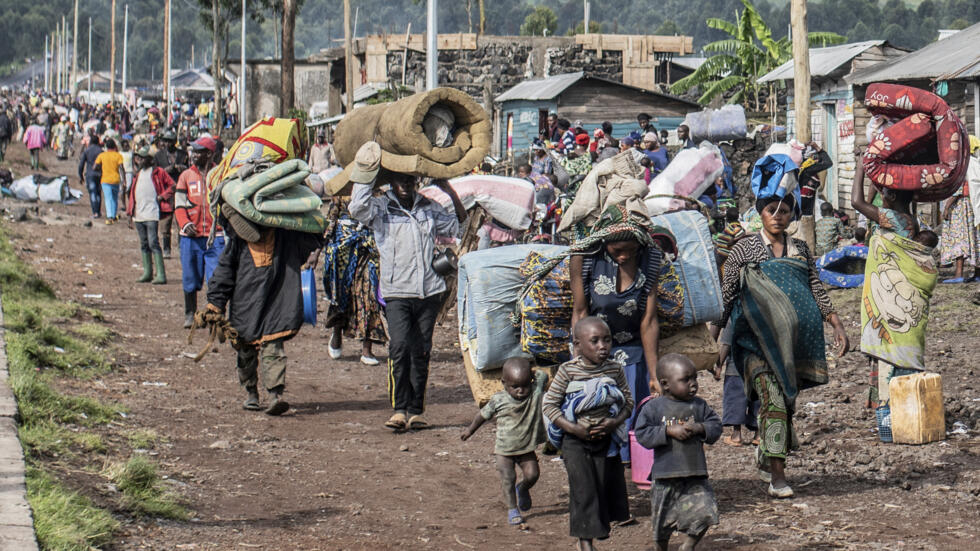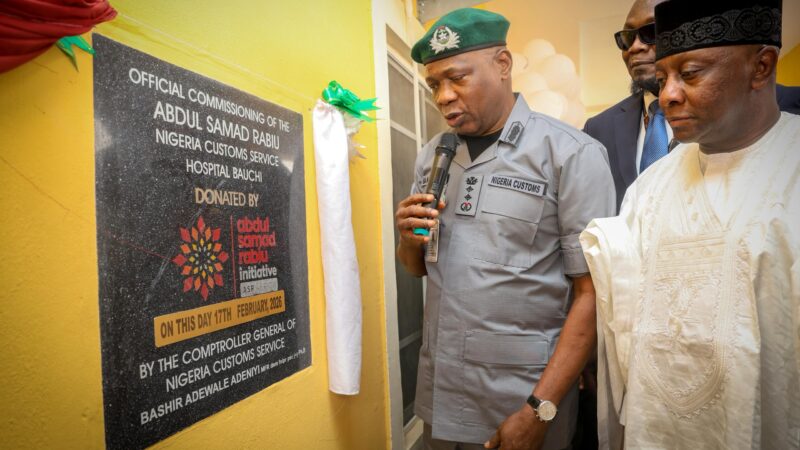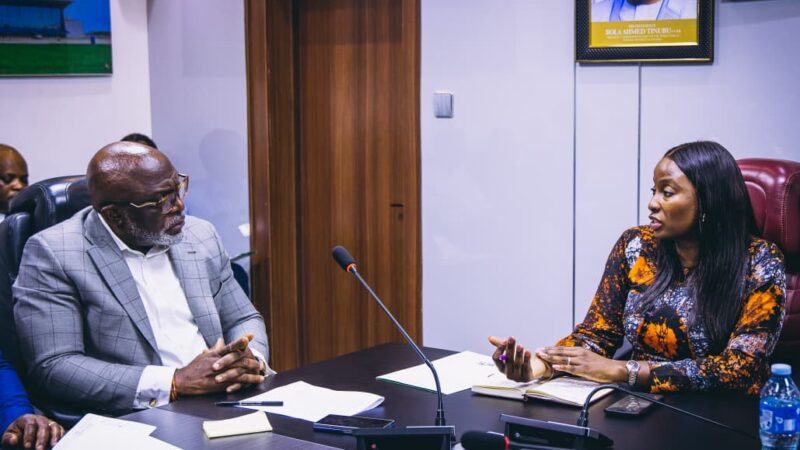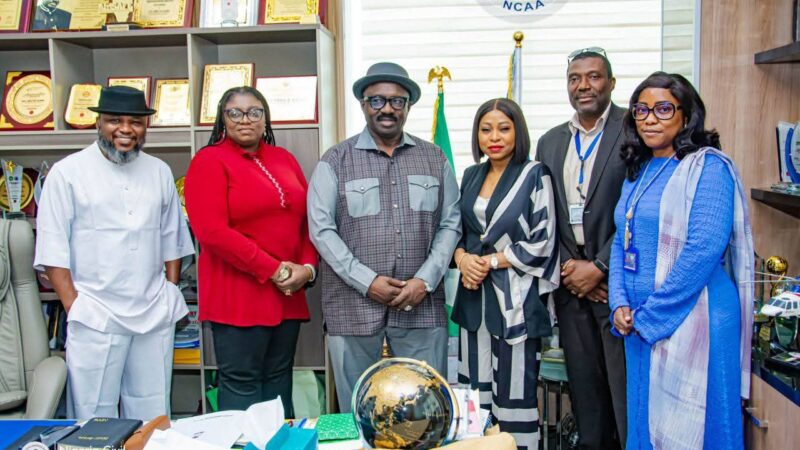Ceasefire Fails in Eastern DRC as M23 Rebels Capture Key Towns

The ceasefire negotiated in Luanda between Rwanda and the Democratic Republic of Congo (DRC) failed to hold, as violence erupted in the eastern part of the country even before the ceasefire could take effect.
Despite agreeing to halt hostilities from August 4, M23 rebels began advancing and capturing towns, including Nyamilima and Ishasha, in the restive region.
According to the United Nations peacekeeping mission Monusco, the ceasefire’s collapse comes after four weeks of relative calm due to a double “humanitarian truce” proposed by the USA.
Monusco condemned the M23 rebels for violating the ceasefire agreement. “Monusco strongly condemns the violation of the ceasefire of 4 August by the March 23 Movement (M23) with the capture of Ishasha (North Kivu/DRC).
“This violation compromises stabilization efforts in the region and runs counter to the agreement signed in Luanda on 30 July 2024,” the mission stated.
The M23 rebels argued that they are not bound by the Luanda negotiations, which they view as bilateral talks between DRC and Rwanda under Angola’s aegis. This position has led to renewed fighting in the Kivu region.
Over the weekend, civil society actors reported violent clashes between M23 and local armed groups in Kiseguru, Katwiguru, and Kisharo, resulting in the deaths of at least eight civilians and forcing some inhabitants, including Congolese police officers, to flee to Uganda.
The East African reports that nearly 100 Congolese police officers crossed into Uganda via the Ishasha border as the fighting intensified. Major Kiconco Tabaro, a spokesperson for the Uganda People’s Defence Forces, confirmed their arrival in Kanungu district.
The US-brokered two-week ceasefire, which ended on Sunday, was intended to allow humanitarian supplies to reach displaced persons. However, sporadic fighting occurred during this period.
The M23’s actions contradict the commitments made between Rwanda and DRC, which were mediated by Angolan President João Lourenço. President Lourenço aimed for direct talks between the two nations as a pathway to ending the violence.
Rwanda is accused by Kinshasa of sponsoring the M23 rebels, while Kigali accuses DRC of backing FDLR rebels, remnants of the 1994 genocide who aim to destabilize Rwanda.
Adam Chalwe of the Alliance Fleuve Congo, a coalition including M23, asserted the rebels’ determination to “liberate the Congolese people.”
The July 30 Luanda communiqué indicated that intelligence experts from Angola, Rwanda, and DRC were to meet in Luanda on August 7 to continue peace efforts.
However, the statements from both sides suggest that violence is likely to persist, increasing the need for humanitarian assistance.
Speaking in Brussels recently, President Félix Tshisekedi ruled out negotiations with M23 or its political wing.
“As long as I am president, I will never face the M23 or the AFC (Congo River Alliance),” he declared, adding that Rwanda requested the ceasefire, not DRC.







